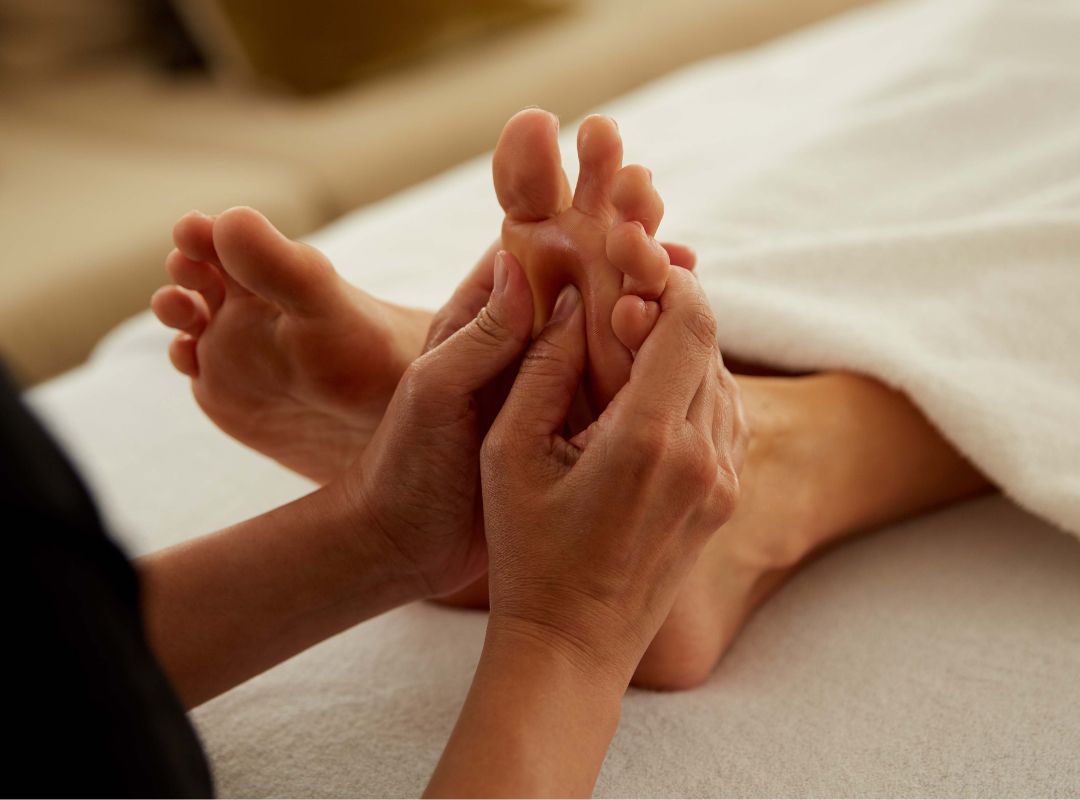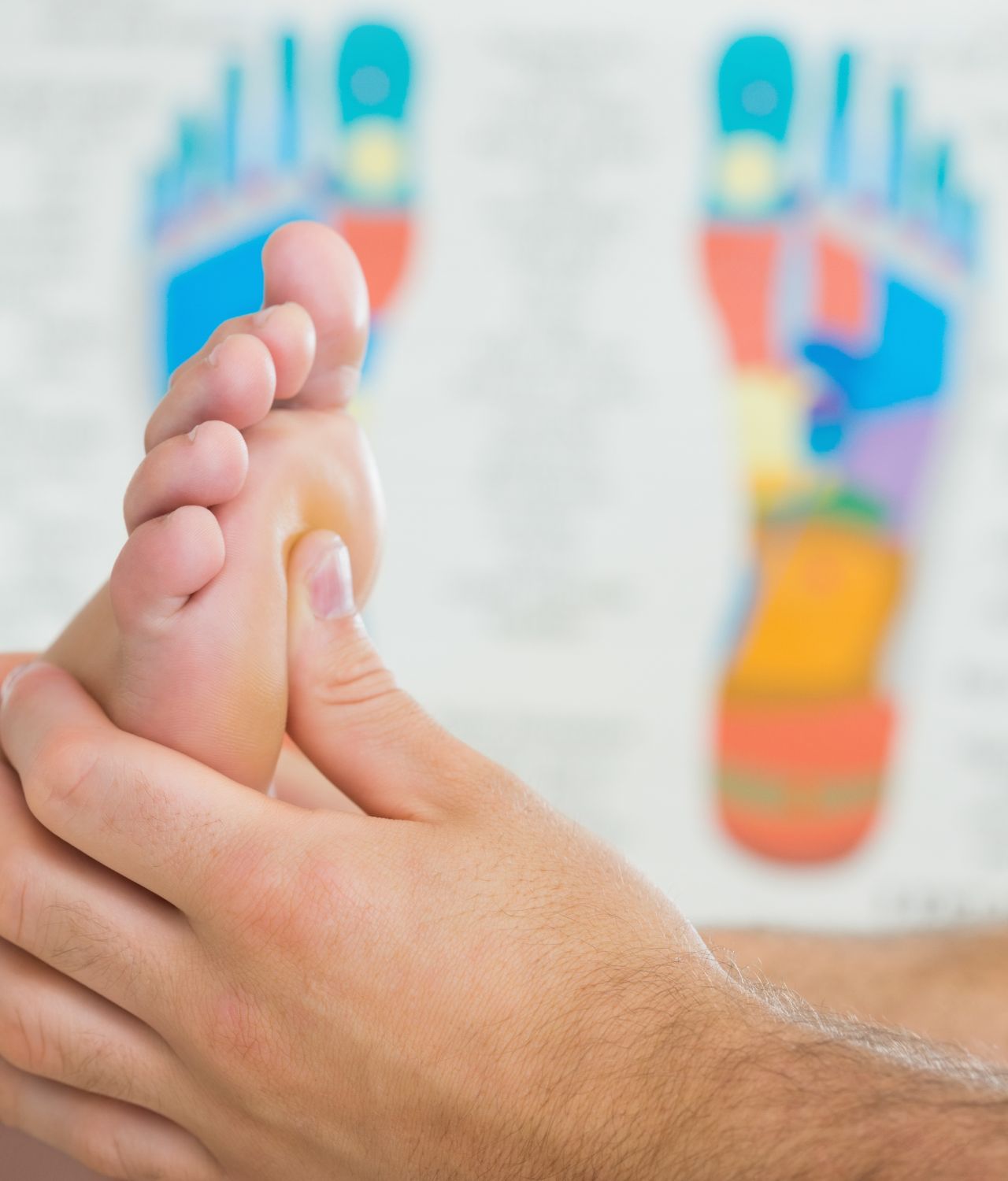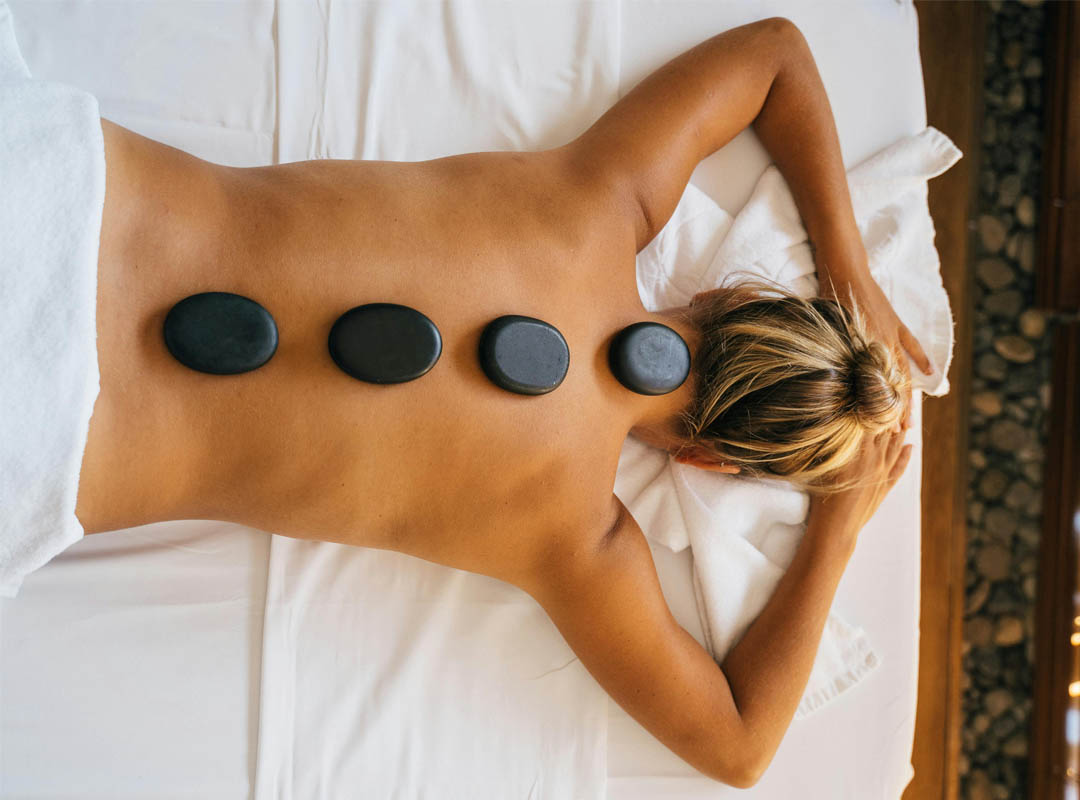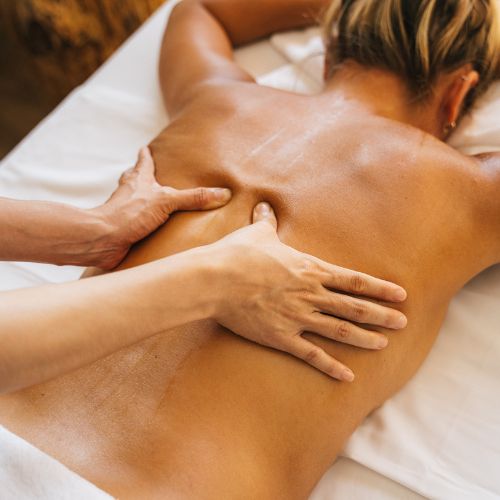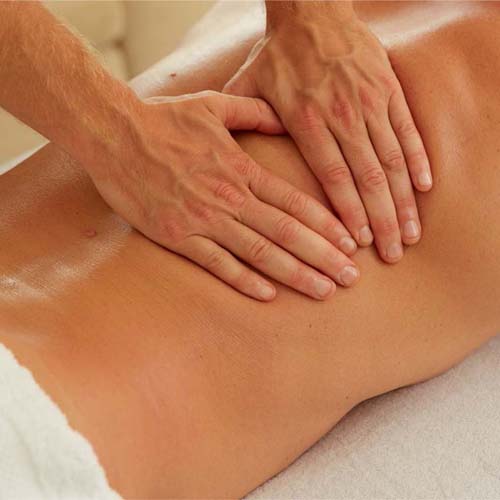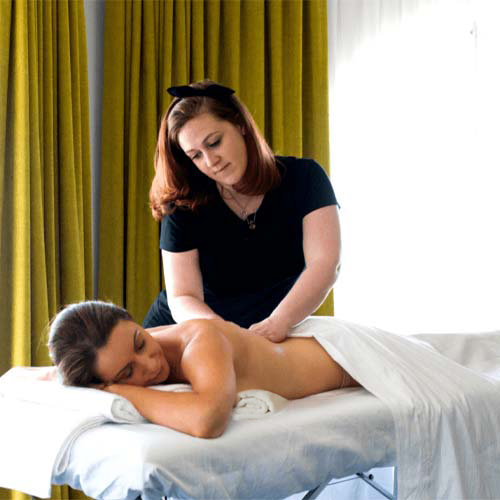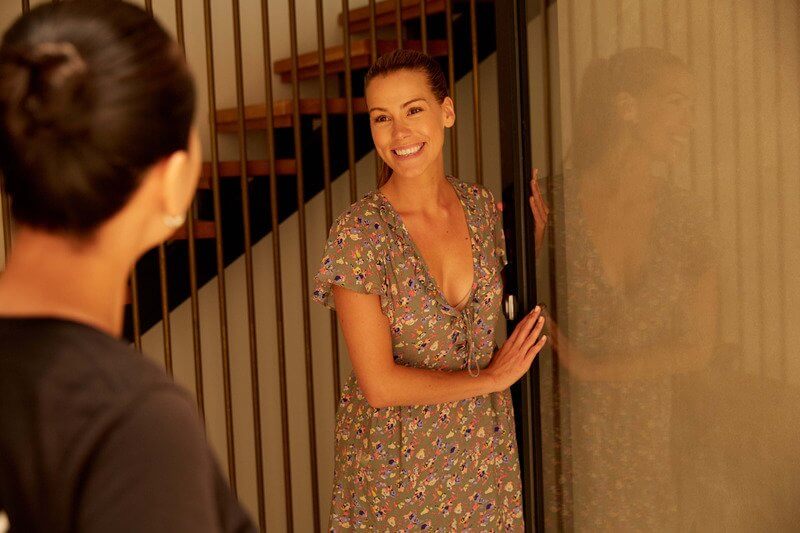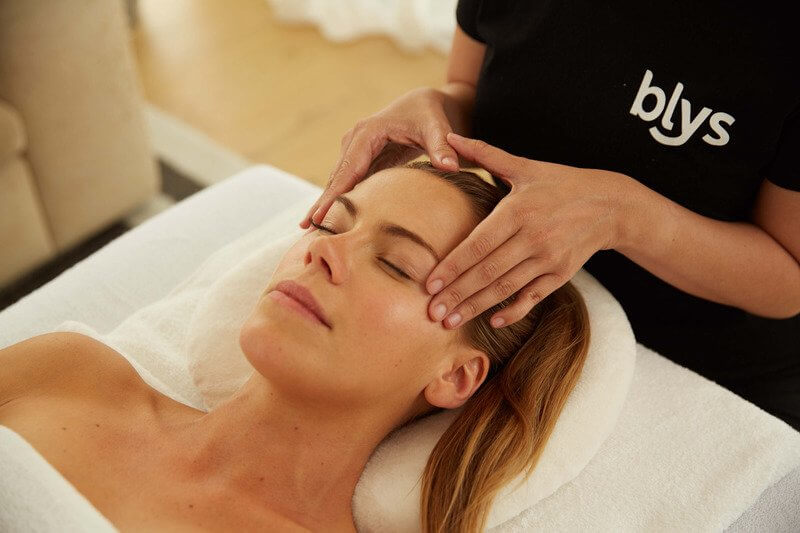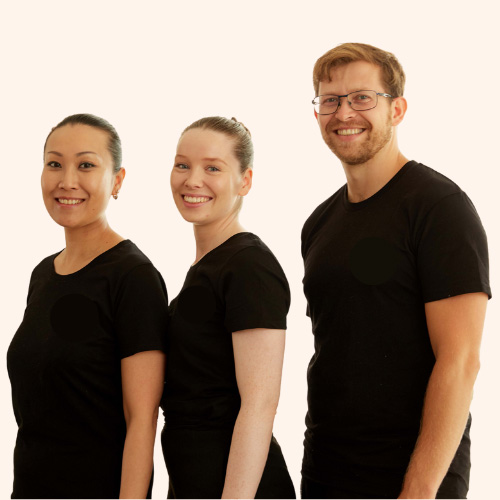Frequently Asked Questions
What is reflexology?
Reflexology is an ancient practice that is based on a theory that all organs, glands, muscles, and the skeletal system can be stimulated via points on the feet, hands, and outer ears. The pathways between these pressure points and other parts of the body are connected via the nervous system. Reflexology is predominantly performed on the feet, but can also be done on other extremities like the hands and ears. For more information, visit the blog.
What are the different reflexology techniques?
Reflexology incorporates a number of presses, pulls and rotations. Your reflexology therapist will use their thumbs and fingers to manipulate and affect the nervous system. Reflexology is generally a dry practice; no oil or lotion is used.
What should I look for in a reflexologist?
All reflexologists on the Blys platform are qualified in massage therapy and knowledgable in the practice of reflexology. Rest assured that you will always be paired with a therapist who is experienced and trusted in whichever modality you’re investing in.
Who would benefit from reflexology?
Reflexology is a great practice for those who experience chronic pain issues, including sciatic nerve pain, shoulder pain and back pain. Reflexology is also believed to benefit the immune system, particularly when you have a cold or sinus-related issue. Reflexology is a non-invasive modality that is great for first-time wellness goers.
Who should avoid reflexology?
Reflexology should be avoided by individuals with certain health conditions such as blood clotting issues, open wounds, infections, varicose veins, or foot injuries. Pregnant women should consult their healthcare professional before receiving reflexology, as some pressure points are linked to the reproductive system.
Can I get reflexology near me?
You sure can! To book your next reflexology session at home, head to the Blys website or download the app and have a professional reflexologist delivered directly to you.
What does reflexology do for your feet?
Foot reflexology involves applying pressure to specific points on the soles of the feet that correspond to various organs and systems in the body. It is believed to promote relaxation, improve circulation, alleviate tension, and potentially provide relief from certain health issues such as allergies by stimulating these reflex points.
Who should not do foot reflexology?
Foot reflexology should be avoided by individuals with open wounds, infections, or conditions affecting the feet, as the pressure and manipulation of the feet could exacerbate these issues. Additionally, pregnant women should exercise caution and consult a qualified reflexologist, as some reflex points on the feet are believed to be associated with the reproductive system.
Are there any side effects of reflexology?
As with any physical therapy, reflexology has the capacity to affect the body both positively and negatively. Reflexology targets the nervous system, and as such your body’s immunity may be compromised. As the old saying goes: sometimes you have to get worse before you get better.
How should I prepare for my reflexology session?
Ensure that you are always well hydrated and continue to drink water after your session. Dehydration impairs the body’s ability to flush away toxins. If you’re going to eat, we recommend having something small no less than two hours prior. For reflexology, it’s best not to have lotion, moisturiser or any other balm on the skin; clean, dry skin is the best surface for reflexology. Remember that reflexology is performed on the feet, so give yourself plenty of time to be cleaned and dried.
What can I expect from a reflexology session?
Your reflexologist will always strive to make you feel as secure, safe and comfortable as possible while they are in your home. Your reflexologist will likely ask for a history of your health conditions to ascertain how best to address them. Reflexology involves pressure on the sensitive areas of the feet, so keep this in mind when choosing this modality. Feel free to communicate openly with your reflexologist – they are a professional and here to help!
What are the potential benefits of reflexology?
Reflexology can be beneficial for those who experience a number of conditions, including high blood pressure, depression and anxiety, urinary tract issues, migraines, post-operative pain, fibromyalgia symptoms and pain during pregnancy. Reflexology improves blood circulation throughout the body, helping to eliminate toxins, improve bladder functions and affect general health and wellness. Reflexology has also been reported to improve sleeping patterns and encourage deeper, more restful sleep.
What is reflexology good for treating?
Reflexology is often used to promote relaxation, reduce stress, and alleviate tension, which can indirectly help with various health concerns. While it may not cure specific medical conditions, some people find it beneficial for managing symptoms related to conditions like headaches, digestive issues, and chronic pain.
What are the 3 types of reflexology?
The three main types of reflexology are foot reflexology, hand reflexology, and ear reflexology. Each type focuses on specific reflex points on the corresponding body part (feet, hands, or ears) to promote relaxation and address health concerns.
Does foot reflexology release toxins?
There is limited scientific evidence to support the claim that foot reflexology releases toxins from the body. While some proponents believe that it may help stimulate the body’s natural detoxification processes, more research is needed to confirm these claims definitively.
What is the cost of a reflexology treatment?
With Blys, you can book a reflexology massage from $119.
